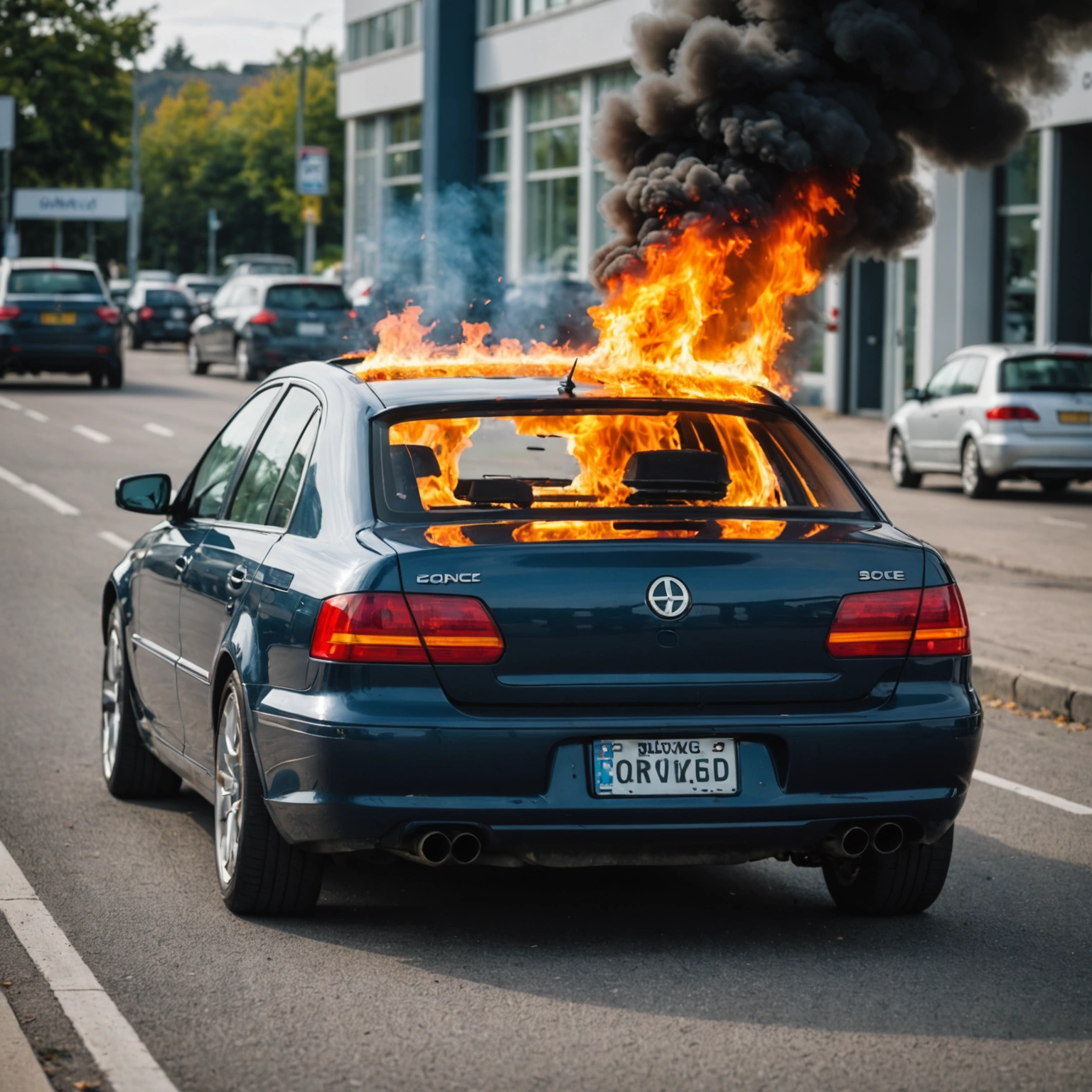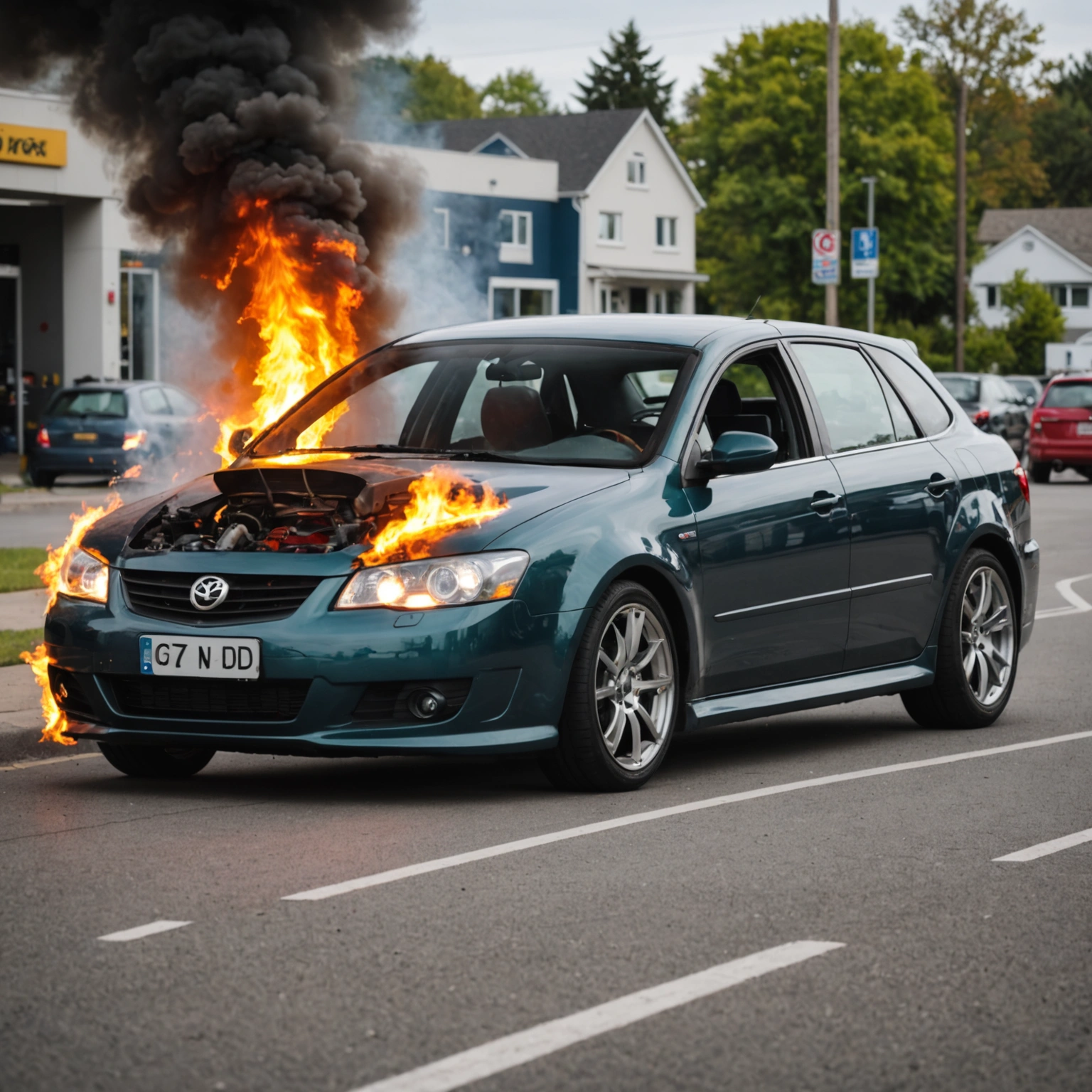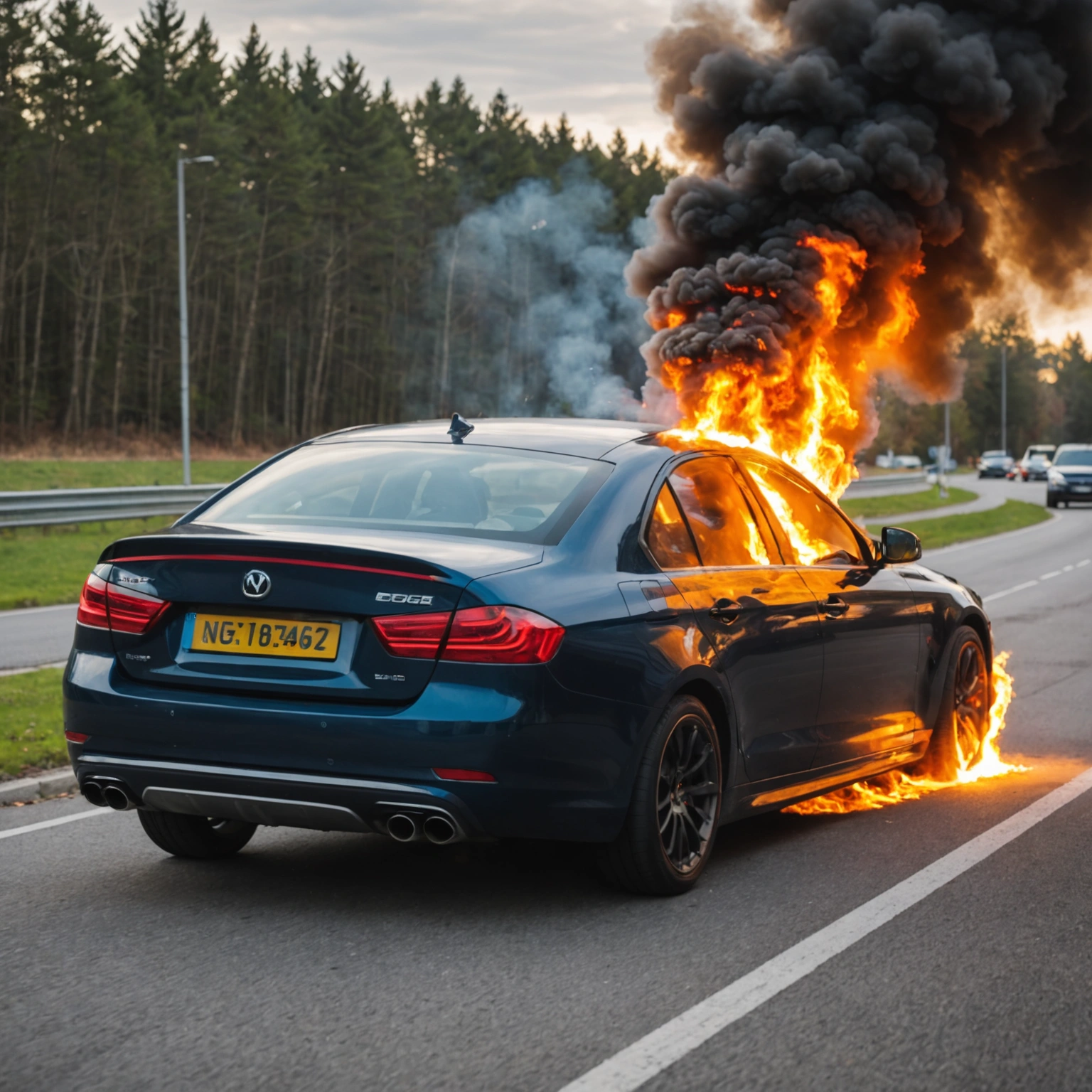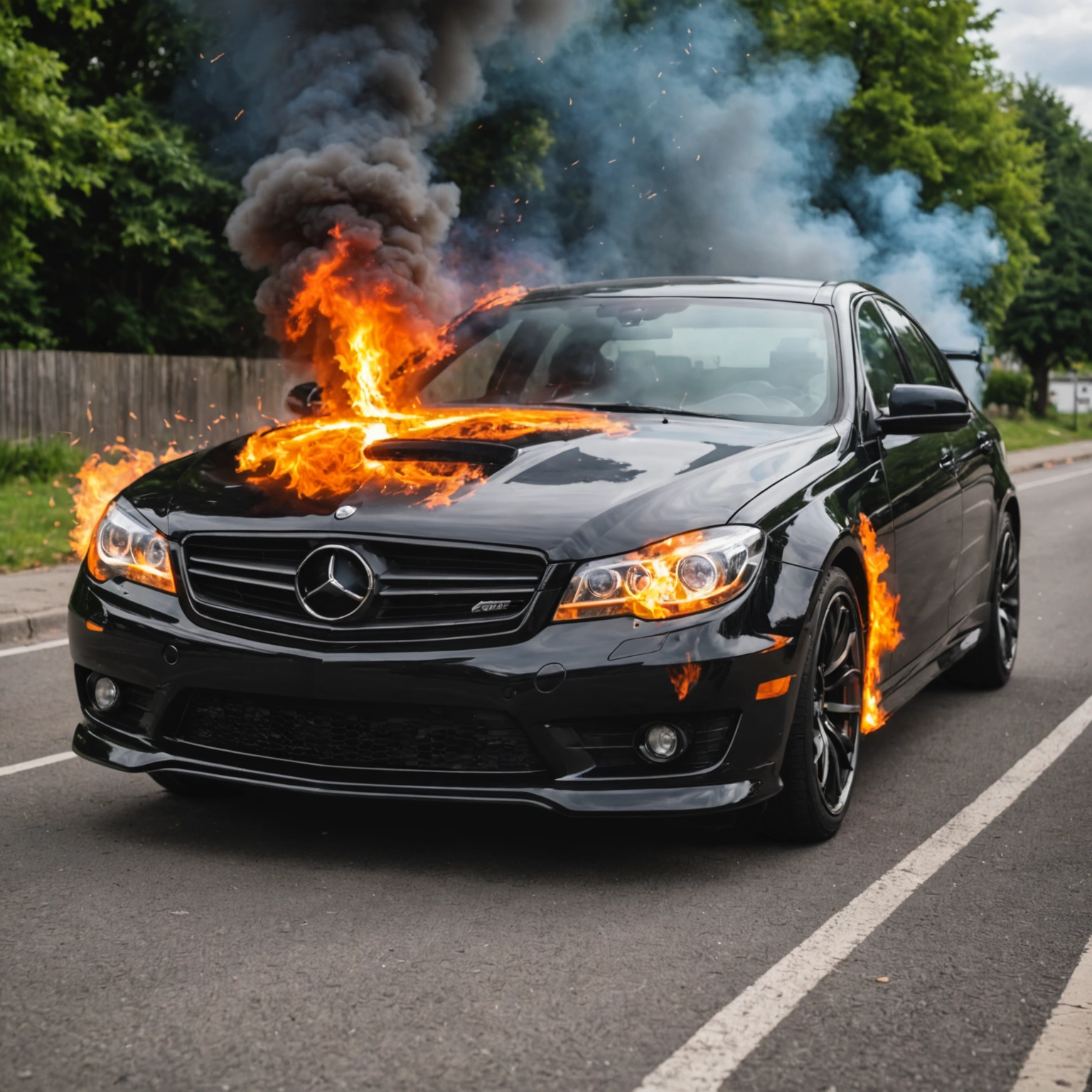**Why Does My Car Backfire? Understanding the Causes and Solutions**
If you’ve ever heard a loud pop or bang coming from your vehicle’s exhaust, you’ve experienced a backfire. While it might sound dramatic, understanding why your car backfires can help you diagnose potential issues and keep your vehicle running smoothly. Here’s what you need to know.

### What Is a Car Backfire?
A backfire occurs when unburned fuel ignites suddenly in the exhaust system, causing a loud explosion or popping sound. This can happen on acceleration, deceleration, or during idle, and may be accompanied by visible flames or smoke from the exhaust pipe.

### Common Causes of Car Backfire
1. **Incorrect Air-Fuel Mixture**

– **Rich Mixture:** Too much fuel in the mixture can overwhelm the combustion chamber, leading to unburned fuel reaching the exhaust where it ignites.
– **Lean Mixture:** Conversely, too little fuel can cause incomplete combustion, which may also result in backfire.

2. **Ignition System Problems**
– Faulty spark plugs, ignition timing issues, or bad ignition coils can cause delayed or irregular sparks, leading to unburned fuel igniting in the exhaust.
3. **Exhaust System Issues**
– Leaks or damage in the exhaust system can allow oxygen to enter, causing combustion of unburned fuel in the exhaust pipe.
4. **Vacuum Leaks**
– Leaks in vacuum hoses can disrupt the air-fuel ratio, leading to incomplete combustion and possible backfire.
5. **Malfunctioning Carburetor or Fuel Injectors**
– An improperly functioning carburetor (in older cars) or faulty fuel injectors can deliver incorrect fuel amounts, resulting in backfire.
6. **Timing Problems**
– Incorrect ignition timing causes the spark to occur at the wrong point in the combustion cycle, which can lead to unburned fuel igniting in the exhaust.
7. **Aftermarket Modifications**
– Installing performance exhaust systems or aftermarket carburetors can sometimes cause backfire if not properly tuned.
### When Should You Be Concerned?
Occasional backfire during acceleration or deceleration isn’t unusual, especially in modified or older vehicles. However, frequent or loud backfires can indicate underlying problems that might affect your engine’s health or emissions compliance.
### How to Fix or Prevent Backfire
– **Tune Your Engine:** Regular maintenance, including checking spark plugs, ignition timing, and fuel mixture, can prevent backfire.
– **Inspect for Leaks:** Ensure exhaust and vacuum systems are intact and free of leaks.
– **Upgrade or Repair Components:** Replace faulty sensors, injectors, or ignition parts as needed.
– **Proper Tuning for Modifications:** If you’ve added aftermarket parts, have your vehicle professionally tuned to ensure compatibility.
### When to See a Mechanic
If your car is backfiring frequently, accompanied by poor performance, rough idling, or increased emissions, it’s best to consult a professional mechanic. They can perform diagnostic tests to identify issues like faulty sensors, timing problems, or exhaust leaks.
—
**In Summary:**
Backfire in your car is usually caused by issues related to the air-fuel mixture, ignition timing, or exhaust system integrity. While minor backfires can be normal, persistent or loud backfiring warrants attention to prevent further engine problems.
Keeping up with regular maintenance and addressing issues promptly will help ensure your vehicle runs smoothly and quietly on the road.

